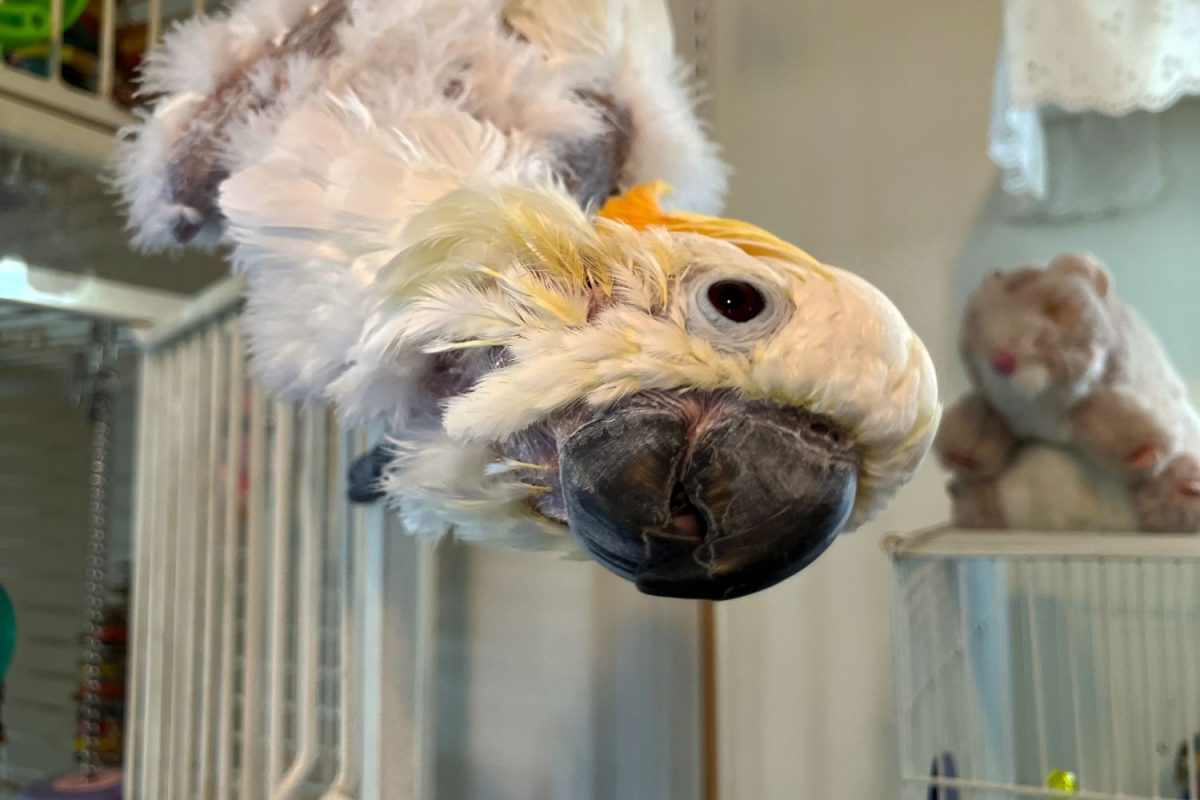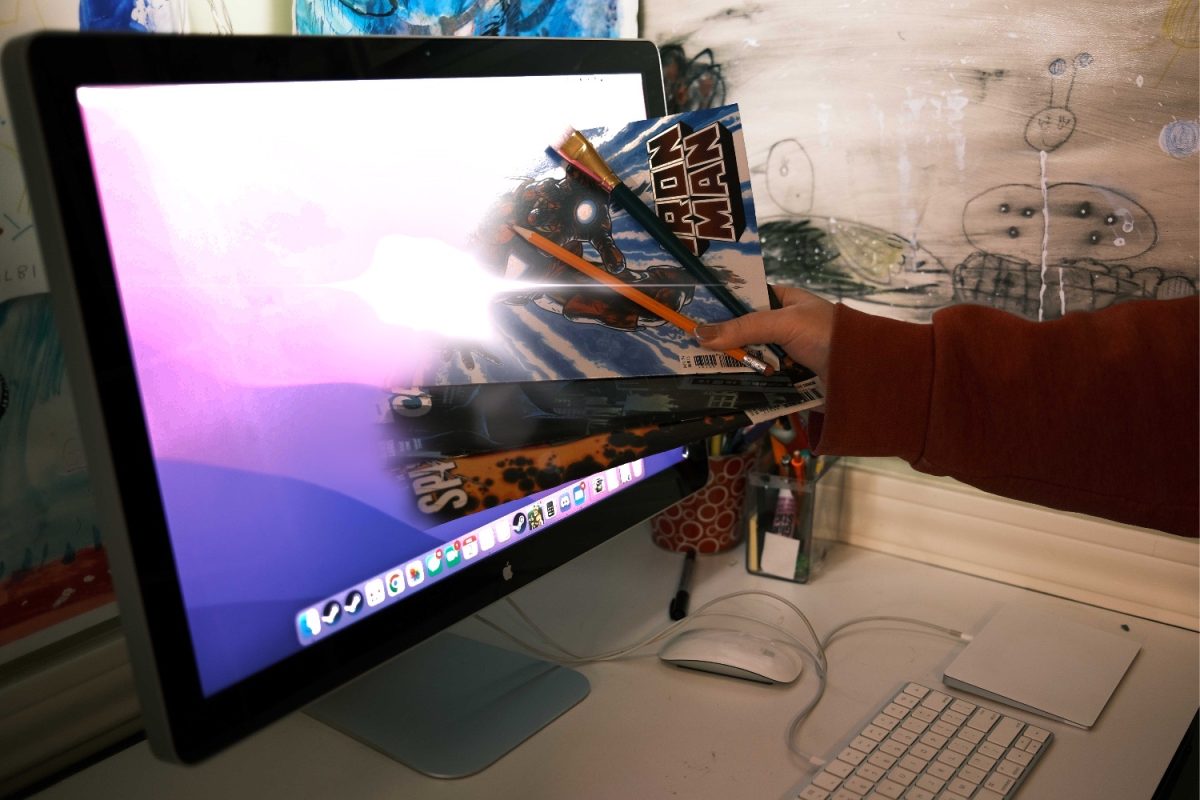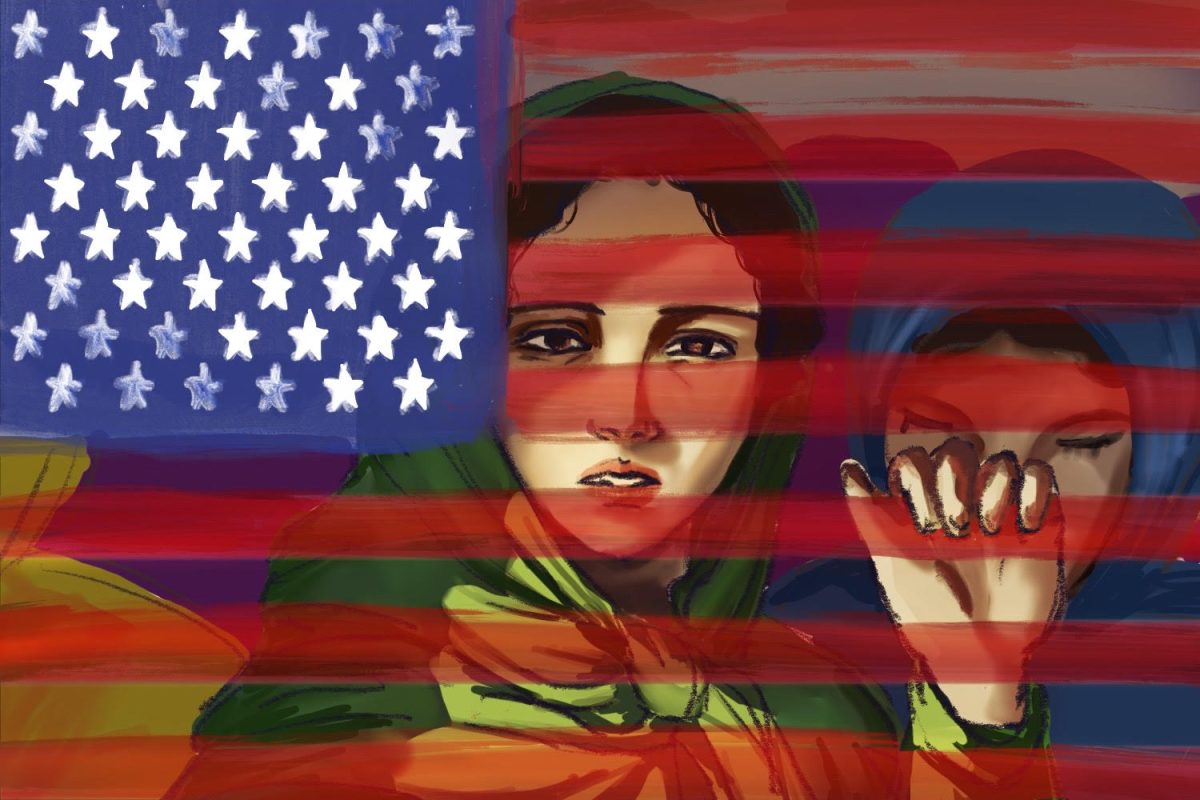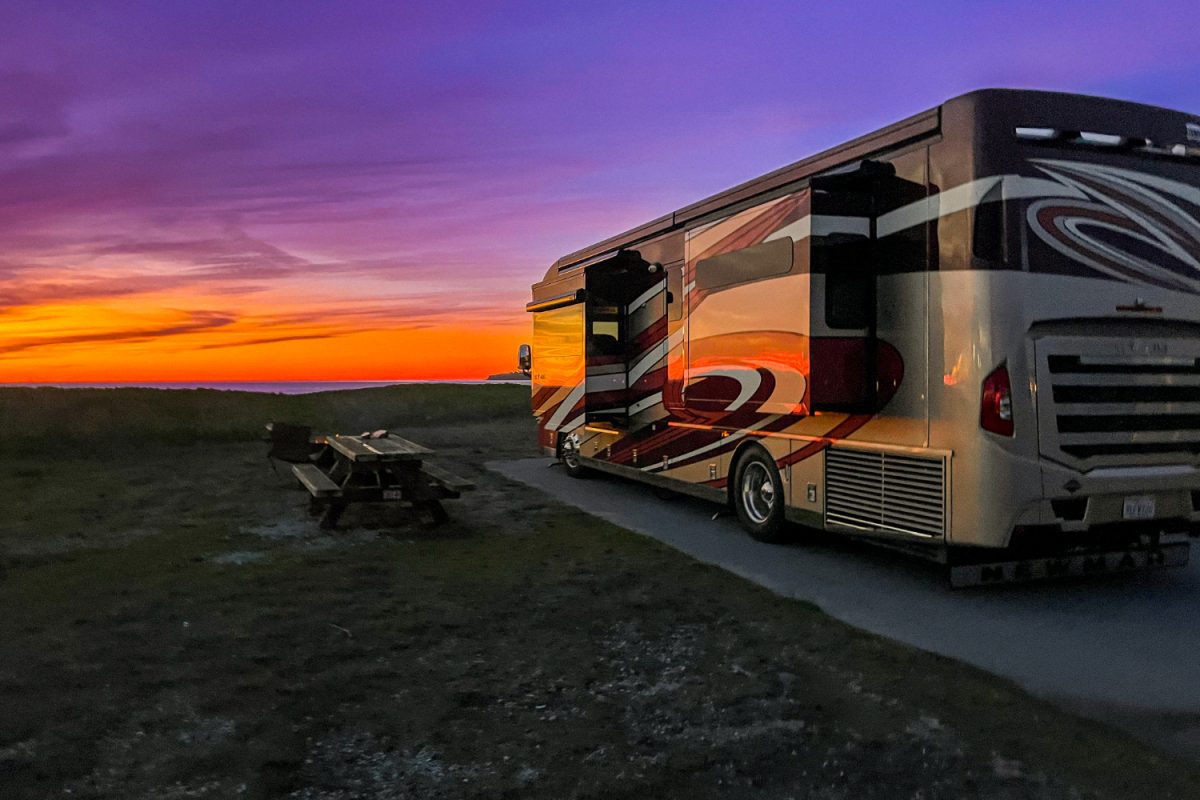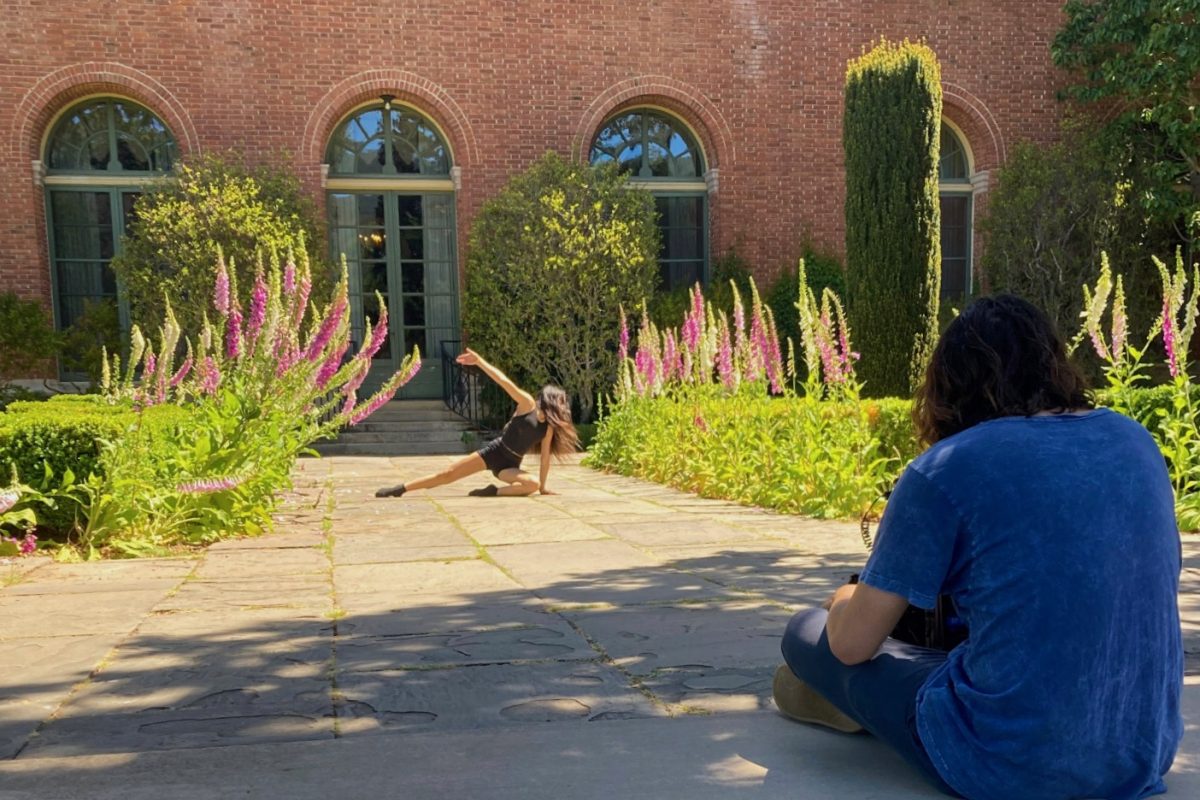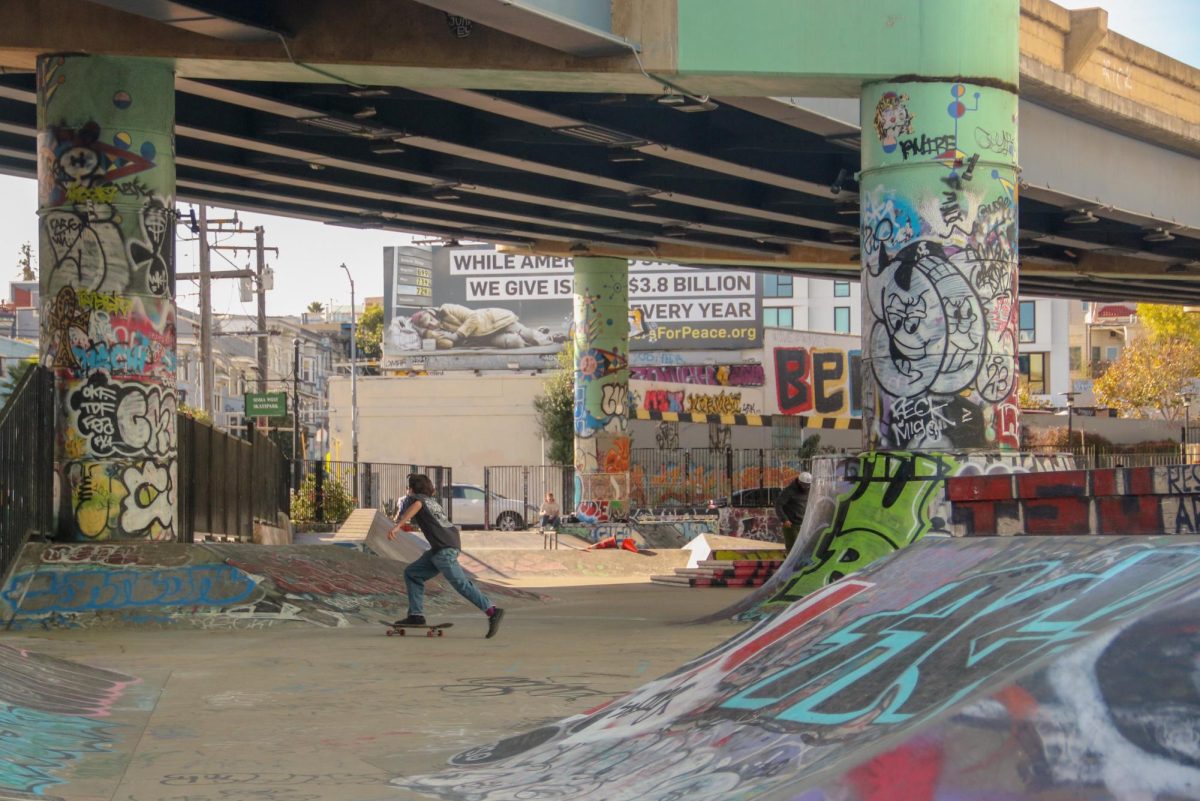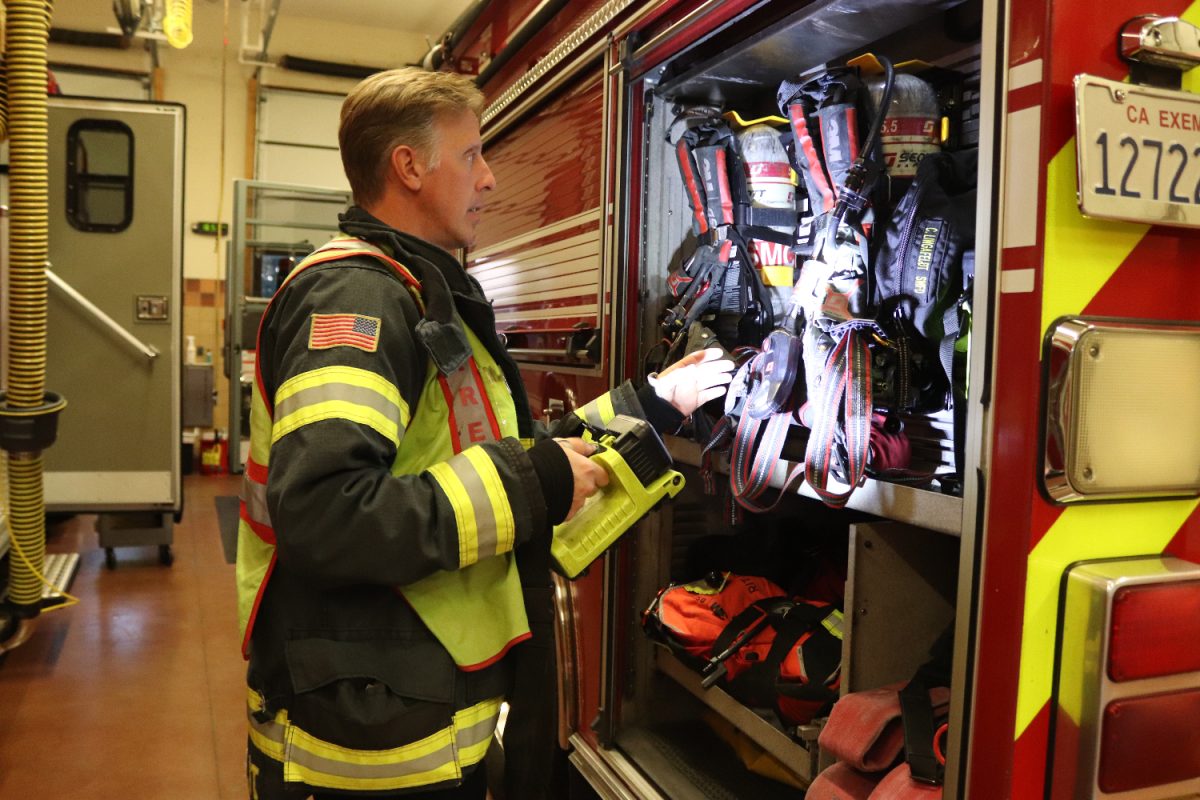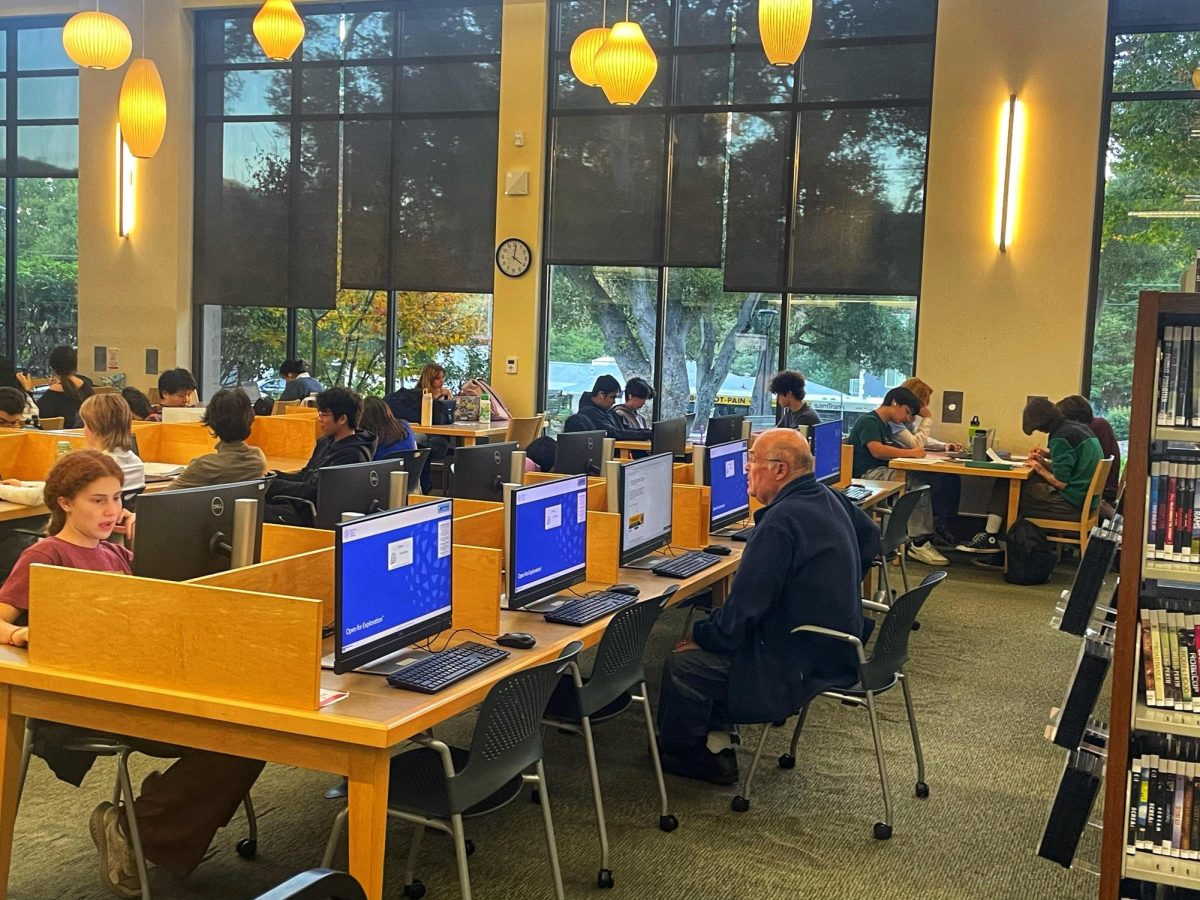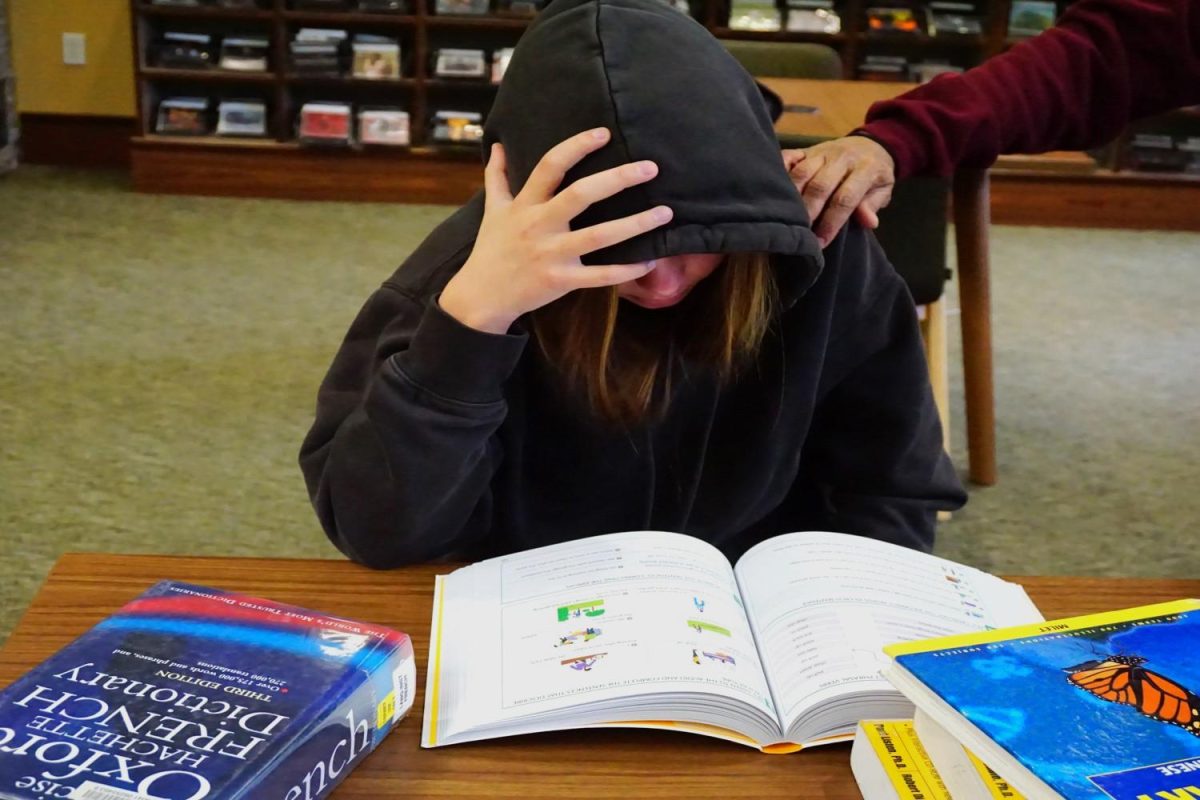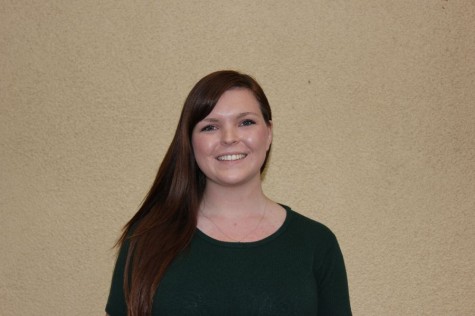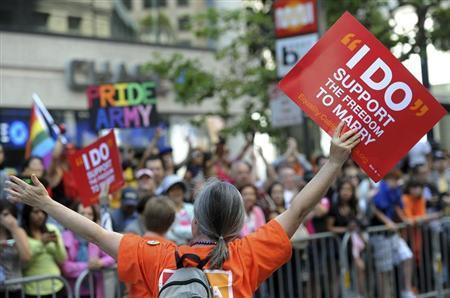
There is a reason Fox News has disparaged the Bay Area for its “San Francisco values.”
San Francisco is considered one of the most liberal cities in the nation.
“The Bay Area is more open minded than other places; people are more welcoming. Elsewhere, everyone is not as tolerant of individuality,” said senior Monica Gomez.
According to the Salon website, a list of banned items in the city include happy meals, plastic bags, the sale of tobacco products in pharmacies, and the mixing of compostable trash with regular trash.
San Francisco is also the home of the beat movement, the Summer of Love, and Harvey Milk.
“The luxury of living here is that I haven’t had to think about racism in years, because it hasn’t been directed at me in since I came to California,” said Mexican-American history teacher David Gomez.
It began in the late 1800’s. That’s when, according to the Slate website, San Francisco offered bawdy sailors a place with un-monitored alcohol, and earned itself a reputation as the permissive American metropolis.
After the prohibition ended, “Bohemian clubs” in North Beach became known as gathering places for marginalized groups—communists, anarchists, homosexuals, and African-Americans, among others—and word spread that the city was safe for freethinkers and other black sheep.
The 1967 “Summer of love,” with its free store and even freer morals, further established San Francisco’s reputation of a laissez-faire style and a home for freethinkers.
San Francisco rooted its gay pride repertoire when the city’s activists achieved the defeat of Anita Bryant’s anti-homosexuality campaign.
“It’s very liberal here. You can see the different points of views of people coming from different beliefs and everyone is very widely accepted,” said junior Katharine Elliott.
It was not until the 1980s, however, that the Bay Area became synonymous with extreme leftism.
“Upon arrival, I was amazed and impressed by how tolerant people were. Looking back, I hadn’t experienced that degree of acceptance before coming to this state,” said David Gomez.
At the 1984 Republican National Convention, Ronald Reagan’s ambassador to the United Nations, Democrat Jeane Kirkpatrick, accused “San Francisco Democrats” of weakening the country’s foreign policy. Bill O’Reilly and others picked up on the theme, summing up left-wing ideology as “San Francisco values.”
“I think it’s great here. My country is really conservative, so they don’t accept a lot of things. Piercings and tattoos are a taboo there, but here it’s really liberal and everyone can do what they want with their body, and everyone respects that. It’s really cool,” said Monica Gomez.
Now, there are few American communities that rival the San Francisco Bay Area in progressive ideals and technologies.
“The Bay Area is comparable to New York in how forward thinking it is, and contrasted by most southern states’s conservatism,” said Elliott.
David Gomez said that the cultural and ethnic diversity one witnesses in the Bay Area is unparalleled in most other states, which could explain the “prevailing mood of liberalism.”
Some people would argue that in the generation of the Google bus, San Francisco’s cherished identity, and reputation as the beacon on the hill for liberalism, faces the possibility of being relegated to the past.
This is because with the Silicon Valley attracting big business into the area, it is also attracting big money, and consequentially, big spenders. With an influx of rich people and exodus of poor and middle class citizens, some insist that the liberal city in the hills might lose the vanguard essence that made it famous.
On the contrary, some Bay Area residents regard technology in the Silicon Valley to be the driving force behind the progressive ideology.
“Technology is a huge influence on the Bay Area’s liberalism. Whenever there’s a new technology, it attracts people’s attention, and since all that technology is centered here, people from other countries come with their diverse ideas and ways of thinking to work at Facebook, or Apple, or Google, or Tesla–the list goes on– and they have created almost a new culture here,” said Monica Gomez.
Elliott agreed with Monica Gomez, saying that technology was likely the biggest factor.
“There also isn’t the presence of old money here like there is in the south,” said Elliott.
“Everyone seems to be on an equal plain of opportunity,” Elliott said.
![“Technology is a huge influence on the Bay Area’s [sense of] liberalism," said Monica Gomez.](https://scotscoop.com/wp-content/uploads/2015/04/siliconvalley-440x475.jpg)
“Technology is a huge influence on the Bay Area’s [sense of] liberalism,” said Monica Gomez.

